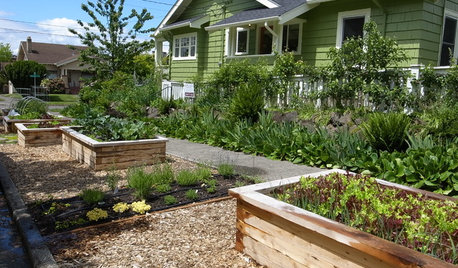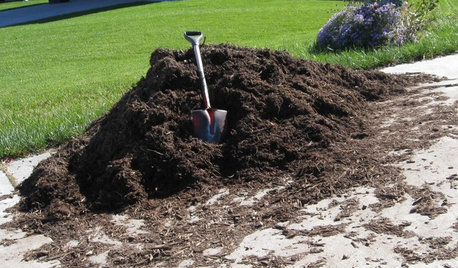Best organic lawn fertilizer on the cheap?
studly
15 years ago
Featured Answer
Sort by:Oldest
Comments (24)
jlaak5
15 years agodchall_san_antonio
15 years agoRelated Professionals
Citrus Heights Landscape Architects & Landscape Designers · Fort Worth Landscape Contractors · Natick Landscape Contractors · Shoreview Landscape Contractors · Winter Gardens Landscape Contractors · Greensboro Driveway Installation & Maintenance · Morgan Hill Driveway Installation & Maintenance · Grand Rapids Swimming Pool Builders · West Hollywood Swimming Pool Builders · Berkeley Fence Contractors · Cockeysville Fence Contractors · Framingham Fence Contractors · Piedmont Fence Contractors · Tumwater Fence Contractors · Verona Fence Contractorsstudly
15 years agodchall_san_antonio
15 years agostudly
15 years agolou_spicewood_tx
15 years agostudly
15 years agolou_spicewood_tx
15 years agodchall_san_antonio
15 years agotakadi
15 years agobillhill
15 years agoworldcomposting
15 years agoKimmsr
14 years agoxdodgemanx
14 years agon_ruijling_hotmail_com
12 years agoKimmsr
12 years agomagnetico
12 years agowatchnerd
11 years agoMFIX
11 years agodchall_san_antonio
11 years agoKimmsr
11 years agocapoman
11 years agoanubis_pa
11 years ago
Related Stories

GARDENING GUIDESGet on a Composting Kick (Hello, Free Fertilizer!)
Quit shelling out for pricey substitutes that aren’t even as good. Here’s how to give your soil the best while lightening your trash load
Full Story
GARDENING GUIDESHow to Switch to an Organic Landscape Plan
Ditch the chemicals for a naturally beautiful lawn and garden, using living fertilizers and other nontoxic treatments
Full Story
EARTH DAYThe Case for Losing the Traditional Lawn
Work less, help the environment and foster connections by just saying no to typical turf
Full Story
GARDENING GUIDESPacific Northwest Gardener: What to Do in September
Put in cool-weather veggies, fertilize your lawn and tidy the garden this month before chilly weather arrives
Full Story
BEFORE AND AFTERSSee 6 Yards Transformed by Losing Their Lawns
Wondering whether a turf lawn is the best use of your outdoor space? These homeowners did, and they found creative alternatives
Full Story
GREAT HOME PROJECTSHow to Replace Your Lawn With a Garden
New project for a new year: Lose the turfgrass for energy savings, wildlife friendliness and lower maintenance
Full Story
GARDENING GUIDESHow to Plant a New Lawn From Sod
Take the quick-start route to turf with sod; these installation guidelines will help ensure a healthy and long-lasting lawn
Full Story
SAVING WATERHouzz Call: Are You Letting Go of Your Lawn?
Many facing a drought are swapping turf for less thirsty plantings. If you’re one of them, we’d like to hear about it
Full Story
LANDSCAPE DESIGNGet Along With Less Lawn — Ideas to Save Water and Effort
Ditch the mower and lower your water bill while creating a feast for the eyes with diverse plantings and gathering places
Full Story
FRONT YARD IDEASBefore and After: Front Lawn to Prairie Garden
How they did it: Homeowners create a plan, stick to it and keep the neighbors (and wildlife) in mind
Full StorySponsored






studlyOriginal Author